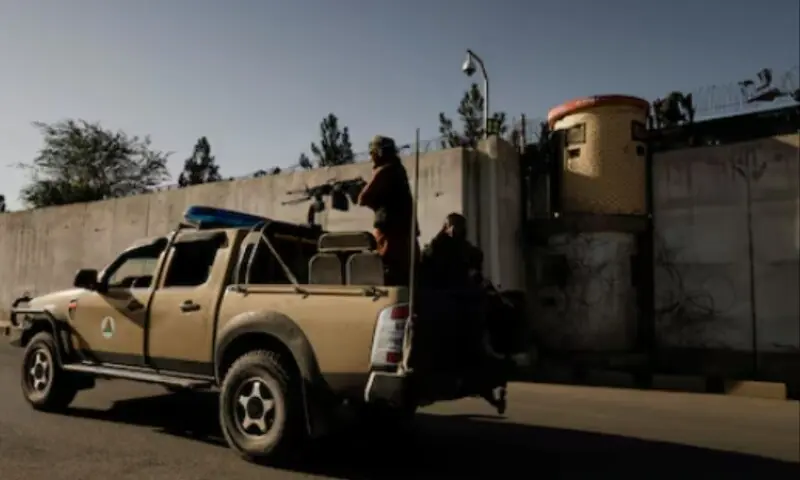GENEVA – The United Nations Human Rights Council (UNHRC) is scheduled to vote on Monday on a pivotal European Union (EU) proposal to establish a comprehensive UN investigation into abuses in Afghanistan. Should the motion pass, it would create a mechanism capable of preparing evidence for future criminal investigations targeting suspected violations by both the Taliban authorities and past actions of foreign troops.
The EU motion calls for investigators to gather and preserve evidence for eventual court proceedings, marking one of the strongest forms of UN rights scrutiny. It is comparable to existing high-level probes into crimes committed in Syria and Myanmar.
Focus on Impunity and Comprehensive Scope
The push for a robust probe has intensified as the Taliban tightened sweeping restrictions on women and fundamental freedoms, despite their claims to respect rights in line with their interpretation of Islamic law.
Fereshta Abbasi, Afghanistan researcher at Human Rights Watch, hailed the potential probe as a “significant step that could break a decades-long cycle of impunity.” She added, “If it gives just one regional commander pause for thought on committing violations because he knows there is a case file open, then it’s worth it.”
Diplomats noted that while the EU proposal does not explicitly name abuses by international forces, its description as comprehensive and without a time limit means it could potentially address these historical violations. Such investigations launched by the 47-member council have the potential to lead to war crimes prosecutions.
US Position and Geopolitical Tensions
The resolution faces complex geopolitical scrutiny, particularly from the United States, which had troops in Afghanistan until 2021 as part of the NATO coalition. Historically, the US has opposed international scrutiny of its military actions—for example, by the International Criminal Court (ICC)—while supporting investigations into suspected Taliban crimes.
While diplomats indicated that President Donald Trump has disengaged from the council and did not take an active stance in these negotiations, a State Department spokesperson reaffirmed a hardline position: “Under the leadership of President Trump, the United States government will not tolerate international organisations that attempt to exert unlawful jurisdiction over American troops.”
The new UN investigation is set to cooperate with the existing ICC probe, which previously deprioritized suspected crimes by US forces after the Trump administration imposed sanctions in 2020 over its Afghanistan work.
The proposal, which is backed by countries including Ukraine, Norway, and South Korea, will test the council’s resolve for accountability, particularly as China has raised doubts about the investigation’s cost and effectiveness in improving local rights.



